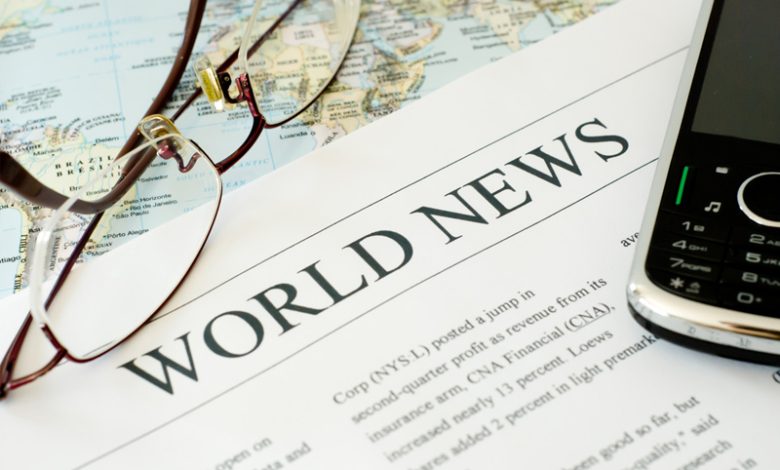
Sri Lanka Votes for New President Amid Economic Concerns, Reports Reuters
By Uditha Jayasinghe and Sudipto Ganguly
COLOMBO – Sri Lankans headed to the polls on Saturday to elect a president tasked with strengthening the nation’s fragile economic recovery, which follows the worst financial crisis in decades.
The election is expected to be closely contested between President Ranil Wickremesinghe, opposition leader Sajith Premadasa, and Marxist-leaning contender Anura Kumara Dissanayake, who recently led in a poll by a narrow margin.
Voting concluded at 4 p.m. local time, and ballot counting commenced shortly thereafter, with official results anticipated by Sunday. Postal votes will be counted first, as stated by Saman Sri Ratnayake, a senior official from the election commission.
In Sri Lanka’s election system, voters can cast up to three preferential votes for their preferred candidates. Should no candidate secure more than 50% of the initial vote count, a second round will determine the winner using the preferential votes between the top two candidates. Analysts predict this scenario is likely given the competitive nature of the race.
Voting proceeded peacefully across the South Asian island, with increasing queues at polling stations throughout the day. Over 13,000 polling places were set up, and 250,000 public officials were dispatched to oversee the election.
Out of Sri Lanka’s 22 million residents, more than 17 million were eligible to vote in an election featuring approximately 38 candidates.
At Visakha Vidyalaya, a school located about 15 kilometers from Colombo, there was a steady flow of voters in the morning as families, some assisting elderly relatives, patiently lined up.
“I believe we desperately need change, and many people share this sentiment. For us to have a future, the entire country needs one first,” said Niroshan Perera, a 36-year-old supporter of Dissanayake.
This election marks Sri Lanka’s first since the economy faltered in 2022 due to a severe foreign exchange shortage, which left the nation unable to pay for essential imports like fuel and medicine.
In 2022, widespread protests in Colombo led to demonstrations at the president’s office and residence, ultimately forcing then-President Gotabaya Rajapaksa to resign.
With a $2.9 billion bailout from the International Monetary Fund, the economy is experiencing a tentative recovery, yet the high cost of living remains a pressing issue for many voters.
While inflation dropped to 0.5% last month from a peak of 70%, and economic growth is projected for 2024 for the first time in three years, millions of citizens continue to face poverty and debt, hoping for a better future with their next leader.
“This election will change the course of Sri Lanka’s history. Voter enthusiasm is evident,” Dissanayake remarked after casting his vote at a temple on the outskirts of Colombo.
The victorious candidate will need to adhere to the IMF program until 2027 to guide the economy toward stable growth, reassure markets, attract investors, and assist a quarter of the population in escaping poverty.
“The people must determine this country’s future. I urge everyone to vote peacefully,” Wickremesinghe stated after voting at the University of Colombo, accompanied by his wife. “We have stabilized both the government and the democratic system, and I am pleased to have made a significant contribution to that.”
 GOOGL
GOOGL  META
META 

